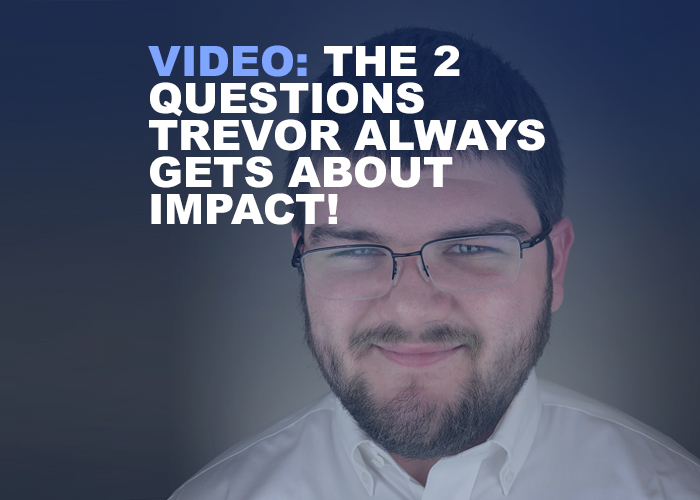

So far, the Supreme Court has not embraced it. Most recently, gerrymanderers in North Carolina, Kansas, and beyond, have invoked the independent state legislature theory to try to block state courts from reviewing their maps. But three sitting justices - Clarence Thomas, Samuel Alito, and Neil Gorsuch -endorsed it. For a third time, the Supreme Court declined to adopt the theory. Then, after the 2020 election, President Trump and his allies used the independent state legislature theory as part of their effort to overturn the results. Again, the Supreme Court rejected the theory and let the commission continue its work.

He argued that the Constitution’s assignment of elections authority to state legislatures diminishes state judges’ power to alter “the general coherence of the legislative scheme.” This approach garnered little scrutiny outside academia at the time.įifteen years later, the idea was exhumed as part of an effort to dismantle Arizona’s independent redistricting commission. Gore proposing an embryonic version of the independent state legislature theory. Where did the independent state legislature theory come from?įollowing the disputed 2000 election, Chief Justice William Rehnquist wrote a concurring opinion in Bush v.
#Make quick explainer qwiki free
The result? When it comes to federal elections, legislators would be free to violate the state constitution and state courts couldn’t stop them.Įxtreme versions of the theory would block legislatures from delegating their authority to officials like governors, secretaries of state, or election commissioners, who currently play important roles in administering elections. Proponents of the independent state legislature theory reject this traditional reading, insisting that these clauses give state legislatures exclusive and near-absolute power to regulate federal elections. And state courts must ensure that laws for federal elections, like all laws, comply with their state constitutions. So if a state constitution subjects legislation to being blocked by a governor’s veto or citizen referendum, election laws can be blocked via the same means.
#Make quick explainer qwiki how to
The dispute hinges on how to understand the word “legislature.” The long-running understanding is that it refers to each state’s general lawmaking processes, including all the normal procedures and limitations. The other is the Presidential Electors Clause, which reads, “Each State shall appoint, in such Manner as the Legislature thereof may direct, a Number of Electors.” One is the Elections Clause, which reads, “The Times, Places and Manner of holding Elections for Senators and Representatives, shall be prescribed in each State by the Legislature thereof but the Congress may at any time by Law make or alter such Regulations.” There is, however, a disagreement about how much power is delegated and to which state actors exactly. The Constitution delegates power to administer federal elections to the states, subject to Congressional override. It has even been used as political cover to try to overturn elections. The independent state legislature theory is a reading of the Constitution, pushed in recent years by a small group of advocates, that would give state legislatures wide authority to gerrymander electoral maps and pass voter suppression laws. What is the independent state legislature theory? If the Supreme Court were to adopt the theory, it would radically change our elections. Long relegated to the fringe of election law, the theory will soon be front and center before the Supreme Court, which has agreed to hear a case concerning the North Carolina congressional maps in the fall. In each case, the participants have invoked a dubious interpretation of the Constitution called the “independent state legislature theory.” There’s a thread that links the partisan gerrymandering of congressional maps in North Carolina, attempts to dissolve the Wisconsin Election Commission, and efforts to overthrow the 2020 presidential election in Pennsylvania and elsewhere. Advance Constitutional Change Show / hide.National Task Force on Democracy Reform & the Rule of Law.



 0 kommentar(er)
0 kommentar(er)
